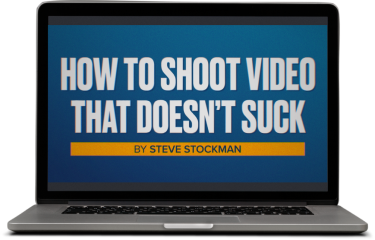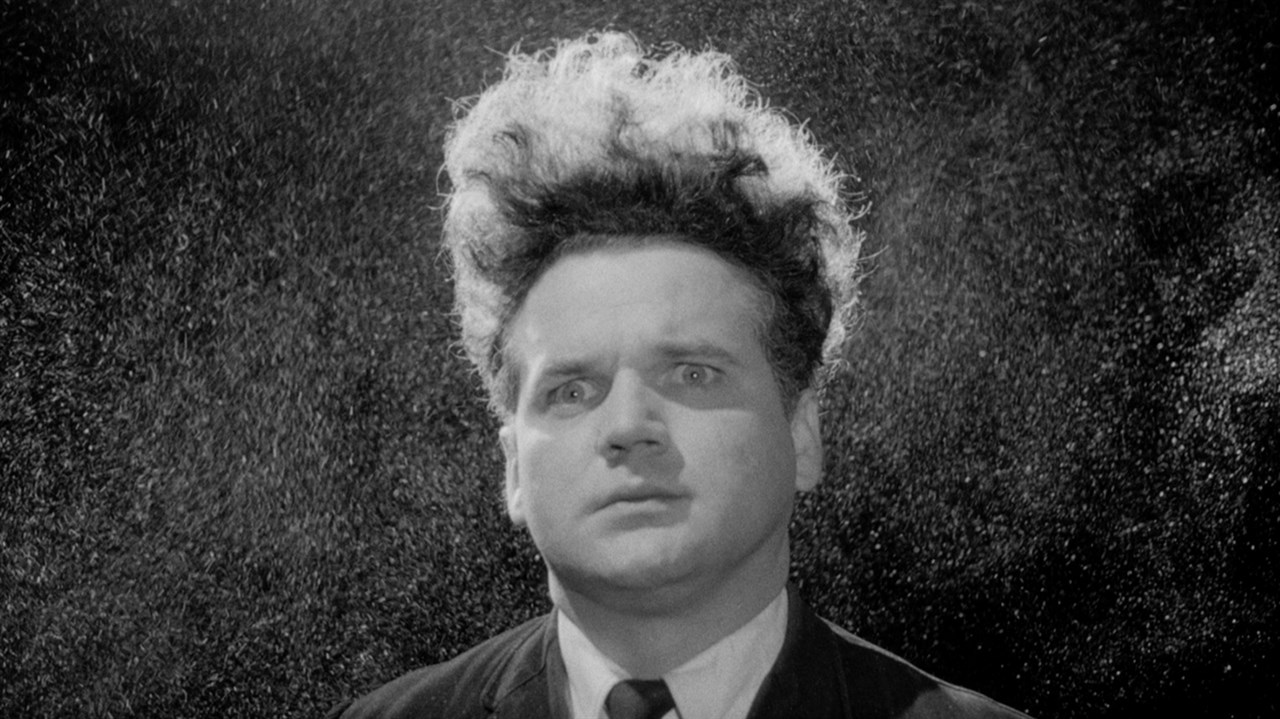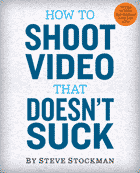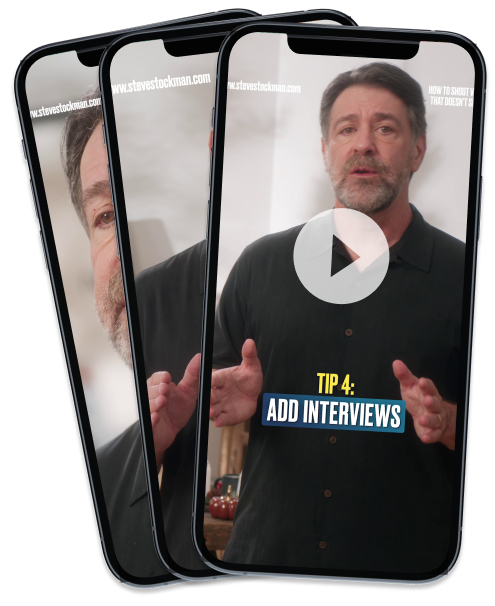I’ve been trying to break into screenwriting for a while now, and I think I finally have a solid and original idea to create my first film with. The real issue is I don’t know where to start.
The short film will be non-narrative/abstract, and this is kind of where the first problem resides. I’m used to reading regular movie scripts that have plot and a narrative so I don’t really know how to write and format a film without plot or dialogue. Would I just jot down a few notes and then create a story board?
Also, once I write it, what’s the next step? Casting? Getting in touch with videographers?
I’m new to this whole thing so I’m just trying to get a plan together. Any and all advice is greatly appreciated!
Abstract film and video is not exactly, by definition, mainstream. While it could be an interesting calling card that can launch your career if it comes out well– (see “Eraserhead” by David Lynch) it may also be hard for people to get into (see “Eraserhead” by David Lynch.)
But as a screenwriting demo? Even tougher.
That’s because screenwriting is judged on–wait for it– the writing. More specifically, screenwriters are judged on their ability to put on paper the things you’re trying to avoid: character, dialogue and plot.
A well-made abstract film that relies heavily on mood and amazing visuals shows that the director has filmmaking chops. I mean, look at those images! Amazing! You, as the fledgling screenwriter will probably not get a ton of credit for writing “Int. Apartment – Night The radiator makes scary noises.”
And even if you do, you’ll eventually need to show finished narrative scripts (that is, scripts that tell a story using actors) to get paid screenwriting work.
Will all that said, should you even make this film? Sure! As long as you know what you’re getting into and love the idea. Commitment sells! In the worst case you’ll learn a lot and hopefully have fun. Just recognize that it’s not a straight line from “Look I made this cool abstract short!” to a writing assignment from a production company.
As with any other script, your goal is to get people to understand what they’re seeing on the page. No reason not to use standard screenwriting tools: scenes, locations, descriptions of images and actions. But because you’re going way off the usual path here, I wouldn’t feel like you need to wedge it into a format from a screenwriting book.
Because it’s abstract, you might also do storyboards to accompany the script. You could also do an image board — a version of the script illustrated by frames or sequences you find in others’ work that looks like what you’re trying to do. Or you could use AI to approximate cool abstract stills of your vision.
However you present it, remember that the finished package needs to be clear, well thought out and artful, because that’s the key to getting other people interested in helping you make your film.
Once you’ve got a great package, share it with anyone you know who makes film– videographers sure, but also cast, crew, producers– and see what they say. It doesn’t matter who you start with– what you’re looking for is someone who has the skills you need to join your team and is excited about helping you bring the film to life.
From that point, there are a million ways to get your film done. It really depends on who you meet, and who you can help fall in love with it. By finding like-minded abstract-film-lovers to the project, you bring their expertise and contacts to the table. You’re no longer carrying the burden all alone, and your abstract film will, ideally, take on a momentum all its own.

Get a free preview of the new video course!
Sample two lessons from our new video course free right now. No signup or credit card required!










 Steve Stockman is a writer/ producer/ director in Los Angeles. How to Shoot Video That Doesn't Suck, available in 9 languages, is the best selling video how-to book in the world. You can find the updated edition from Workman Publishing wherever you get books, ebooks or audiobooks.
Steve Stockman is a writer/ producer/ director in Los Angeles. How to Shoot Video That Doesn't Suck, available in 9 languages, is the best selling video how-to book in the world. You can find the updated edition from Workman Publishing wherever you get books, ebooks or audiobooks. 
